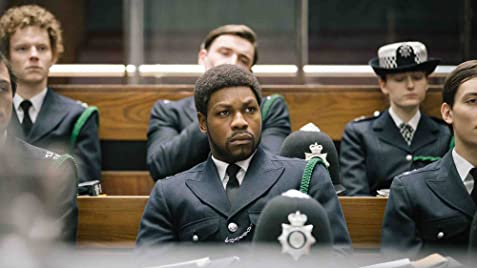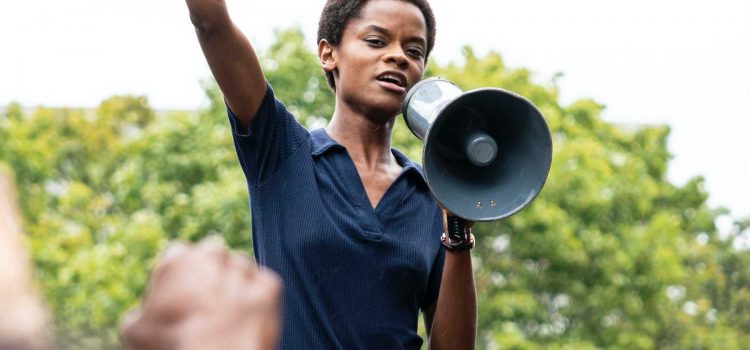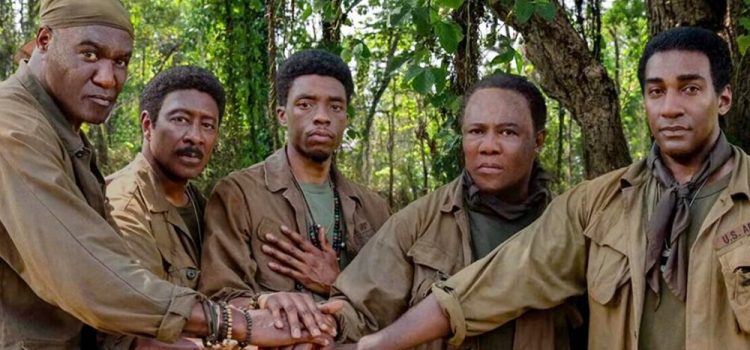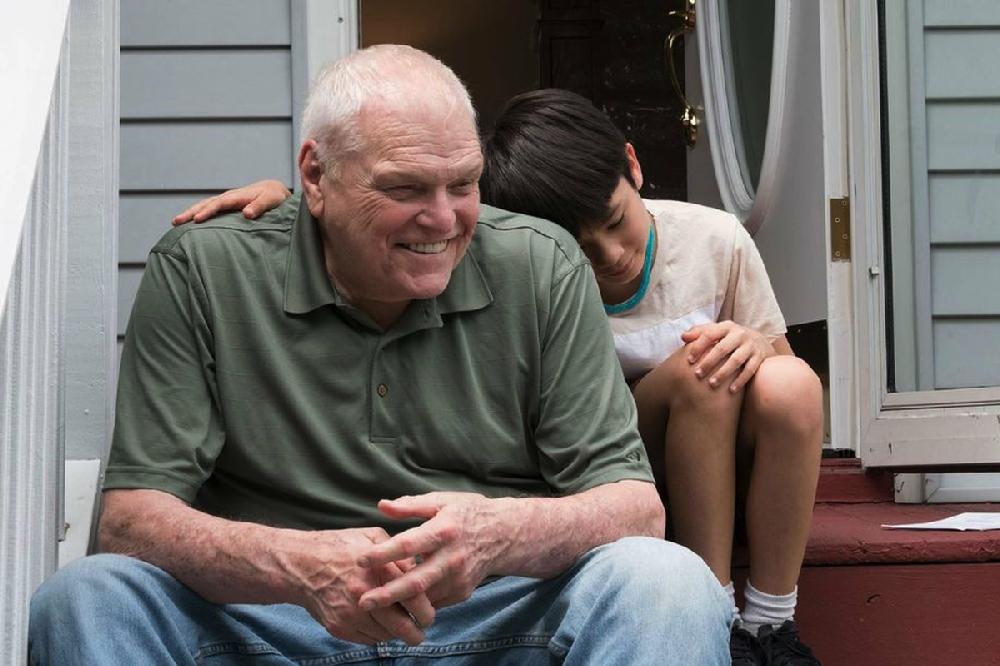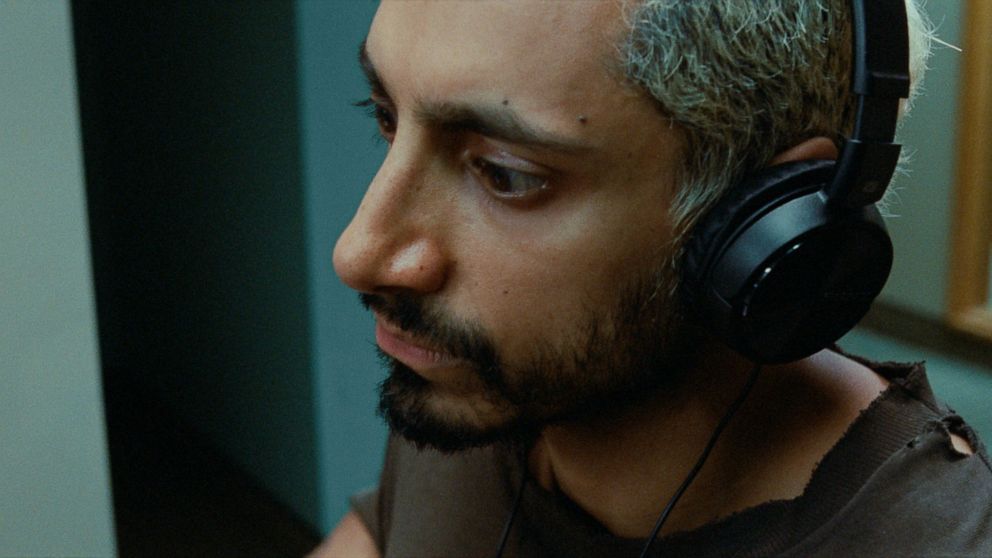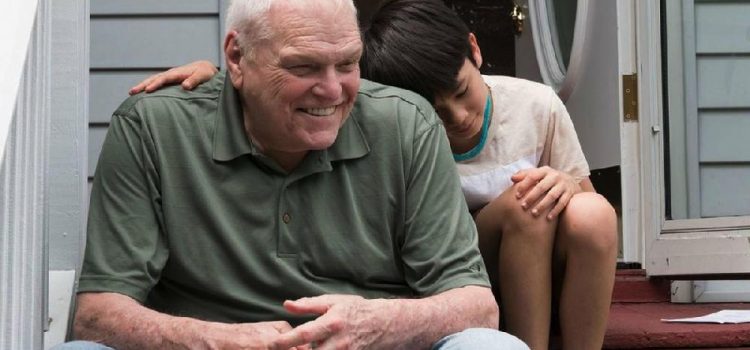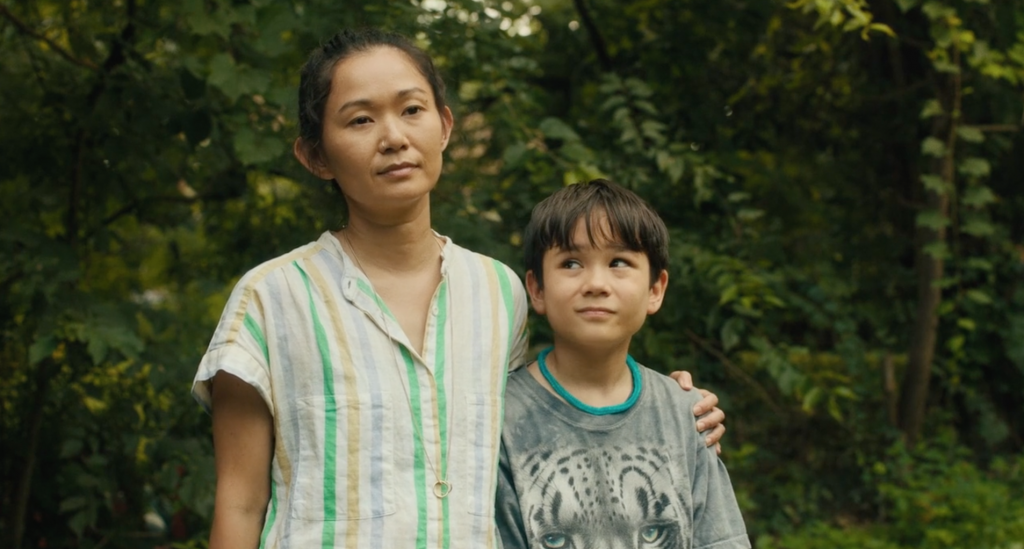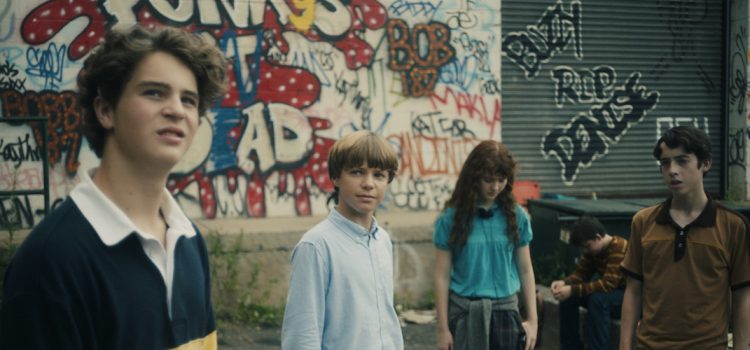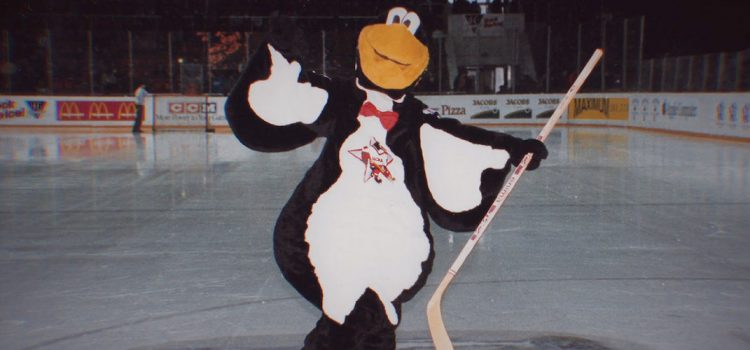By Alex McPherson
Director Ryan White’s “Assassins” is a scathing indictment of North Korean politics and a timely reminder of the lengths that some people will go to retain power.
On February 13, 2017, Kim Jong-nam, the half-brother of Kim Jong-un, was fatally poisoned in broad daylight at Kuala Lumpur International Airport in Malaysia. Security cameras recorded two young women, the Indonesian-born Siti Aisyah and Vietnamese-born Doan Thi Huong, carrying out the deed, rinsing the poison off their hands, and leaving the airport. Siti and Doan were arrested a couple days later, seemingly oblivious to the gravity of what they had just done. Per the Malaysian legal system, they both faced the death penalty if found guilty of the murder. Are Siti and Doan highly skilled assassins, or are they mere pawns being controlled by larger forces?
White’s film, composed of interviews with those involved in the events themselves and the investigation, seeks to uncover these answers. As the larger plot is unearthed, “Assassins” becomes a persuasive ode to journalism and empathy for those marginalized, arguing for justice in a world plagued by selfishness and brutality. The film often proves heartbreaking, upsetting, and downright infuriating. We witness the truth being obscured by power hungry individuals only interested in protecting themselves, no matter the cost.
Through relying on plain-spoken interviewees, this increasingly complex tale is presented in an accessible fashion, ensuring that practically anyone can get wrapped up in the proceedings. Expectations might be subverted, and previous notions of culpability and victimhood may be upended — all through the film’s empathetic eye and outlining of cold, hard evidence.
While White’s filmmaking lacks a distinctive style, the central events and subsequent investigation are more than enough to keep viewers engaged. In a way, though, the film doesn’t need additional cinematic flourishes to render it compelling. Feelings of dread and suspense are palpable, and it’s easy to become enthralled by the film’s drama based on the subjects alone. White’s film is a no-frills affair, embracing the journalistic process and taking time to explore the backgrounds of Siti and Doan, as well as North Korea generally, with strong attention to detail.
Indeed, as we learn more about Siti and Doan — who had no previous connections to North Korea — we see two individuals being exploited by larger pressures operating behind the scenes, leading them down a path that, unbeknownst to them, involved political assassination. Siti and Doan’s portrayals aren’t simplified for dramatic purposes, and “Assassins” quickly establishes them as sympathetic individuals, coming from loving families and humble origins, with their own hopes and dreams, but remaining vulnerable and naive amid a world drenched in ambiguity.
“Assassins” also provides a blunt crash course on North Korean history, detailing the rivalry between Kim Jong-un and Kim Jong-nam. The film makes a strong argument that, well, Kim Jong-un is an unstable, murderous leader, as if that wasn’t already obvious — all the more nauseating that former President Donald Trump cuddled up to him.
By the film’s conclusion, I was shaken, and surprised at how emotionally invested I had become in Siti and Doan’s struggles. I’m grateful that films like “Assassins” exist to help spotlight individuals and truths previously silenced — depicting human stories with universal appeal and sobering repercussions for modern society. This gripping documentary, in particular, remains among the most effective I’ve ever seen, and is unquestionably worth seeking out.
“Assassins” is a documentary directed by Ryan White. It is 104 minutes. It is available Video on Demand on multiple platforms. Alex Rating: A .

Lynn (Zipfel) Venhaus has had a continuous byline in St. Louis metro region publications since 1978. She writes features and news for Belleville News-Democrat and contributes to St. Louis magazine and other publications.
She is a Rotten Tomatoes-approved film critic, currently reviews films for Webster-Kirkwood Times and KTRS Radio, covers entertainment for PopLifeSTL.com and co-hosts podcast PopLifeSTL.com…Presents.
She is a member of Critics Choice Association, where she serves on the women’s and marketing committees; Alliance of Women Film Journalists; and on the board of the St. Louis Film Critics Association. She is a founding and board member of the St. Louis Theater Circle.
She is retired from teaching journalism/media as an adjunct college instructor.


